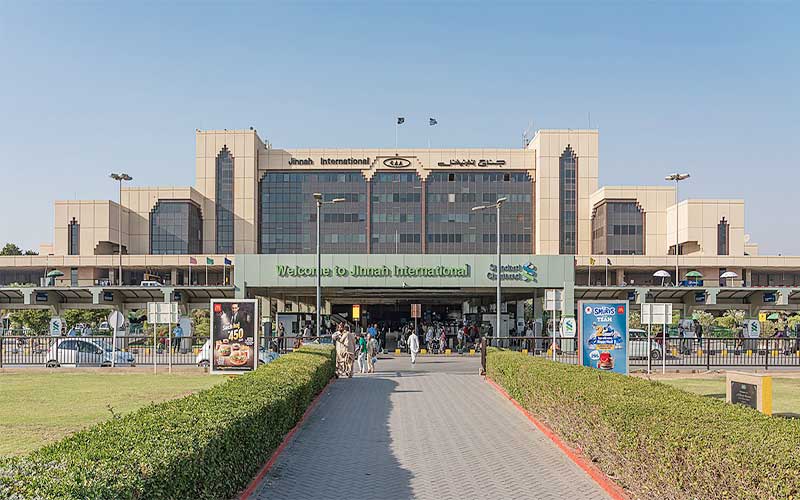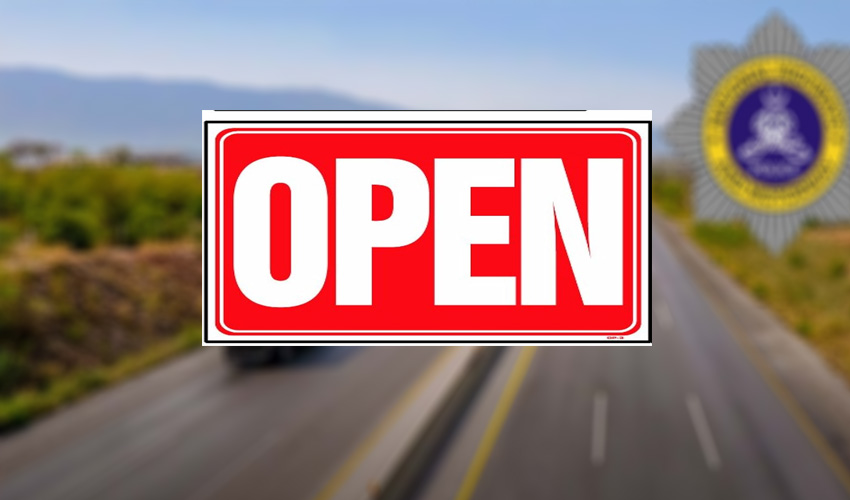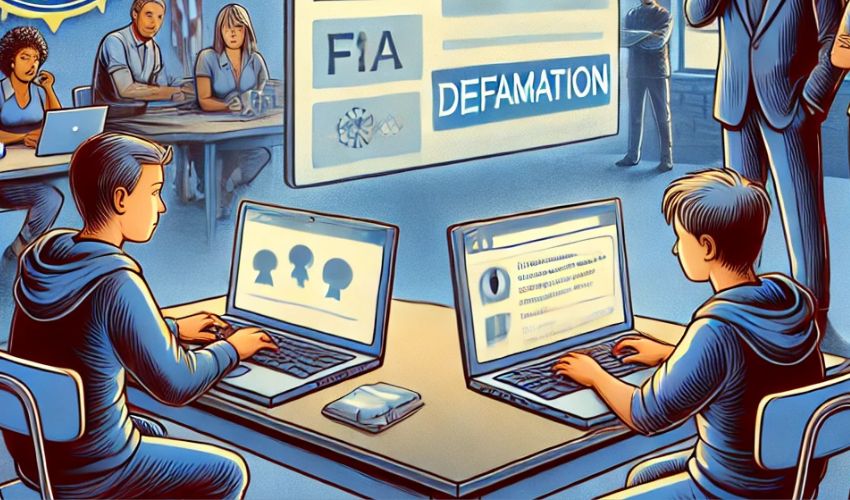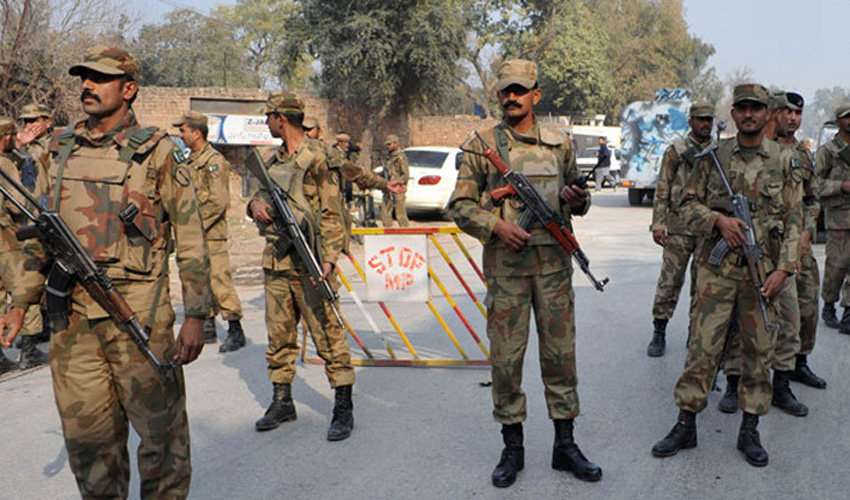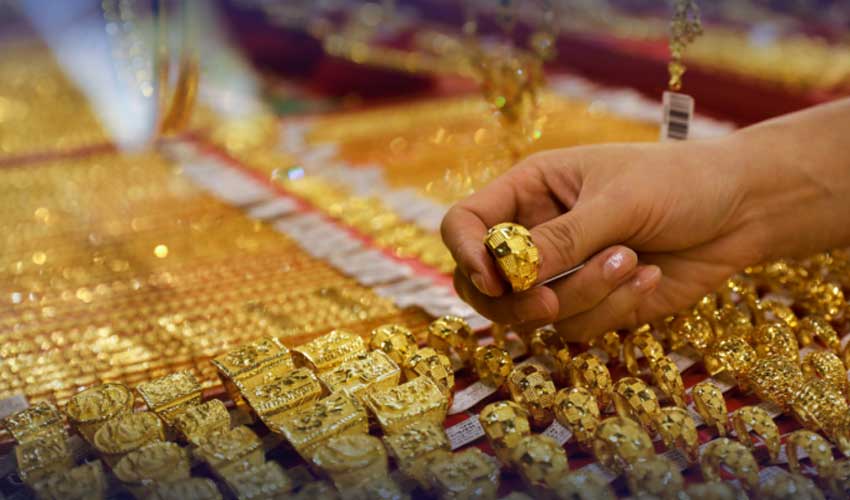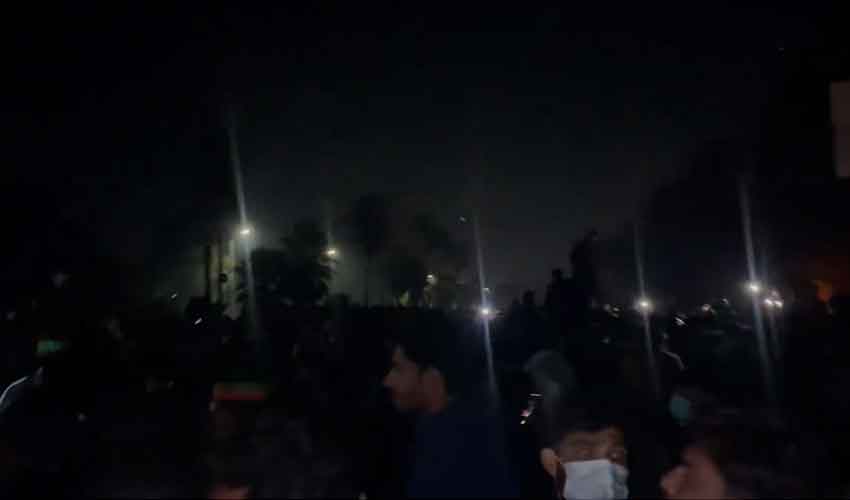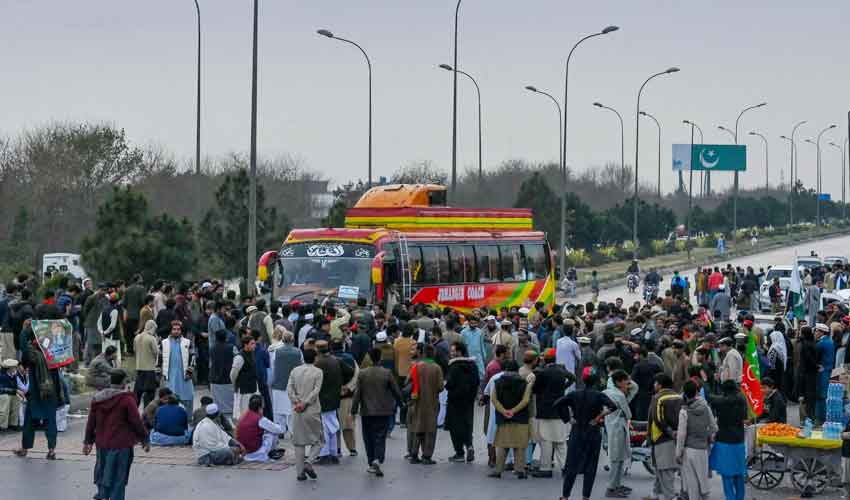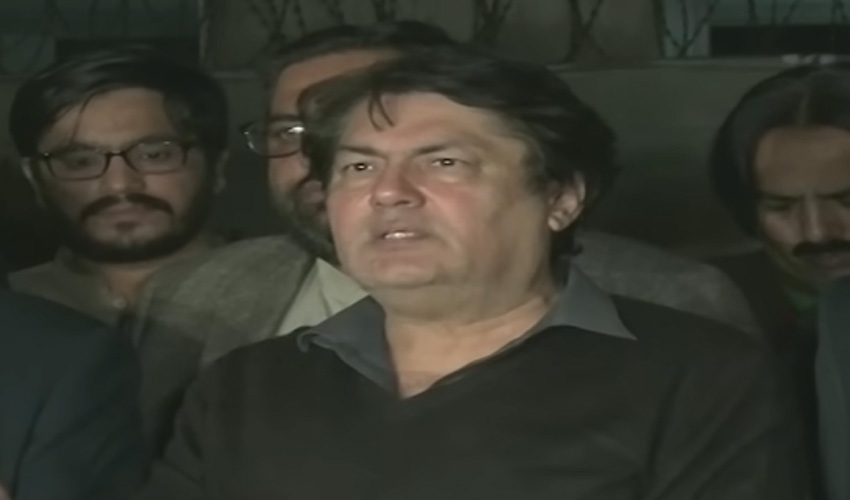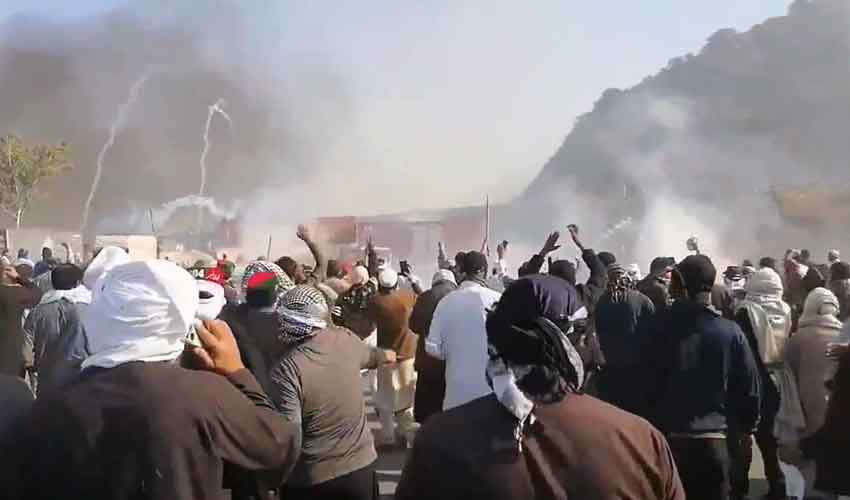Guinea's foreign minister Morissanda Kouyate addressed concerns from around 15 ambassadors or representatives, including those from the European Union, the United States, and China, during a meeting broadcast on state TV.
The foreign diplomats expressed worries about the curbs on internet access and restrictions on freedom of expression in Guinea. They also discussed challenges such as a fuel shortage resulting from a devastating fire at the main depot in December and obstacles facing their teams.
Kouyate justified the internet restrictions by citing a "security problem" without providing specific details. He acknowledged that the issues were affecting everyone, including the presidency and ministerial departments. The foreign minister assured the diplomats that the government would work to resolve the problems promptly.
Guinea has been under the control of military leaders who seized power in a coup in 2021. In recent weeks, the authorities have imposed restrictions on non-official media, cutting off social networks and private radio stations, interrupting or suspending news websites, and arresting or assaulting journalists.
The United Nations had expressed concern about the "increased repression of media freedom" in Guinea at the end of the previous month and called on the authorities to change their course immediately. Meanwhile, the government announced the gradual resumption of normal diesel supplies following a fuel tanker's arrival at the port in the capital, Conakry.
The challenges faced by Guinea, including internet restrictions, media repression, and the aftermath of the December fire, have drawn international attention and criticism. Colonel Mamady Doumbouya, the head of the ruling junta, has committed to returning the government to elected civilians by January 2026.








